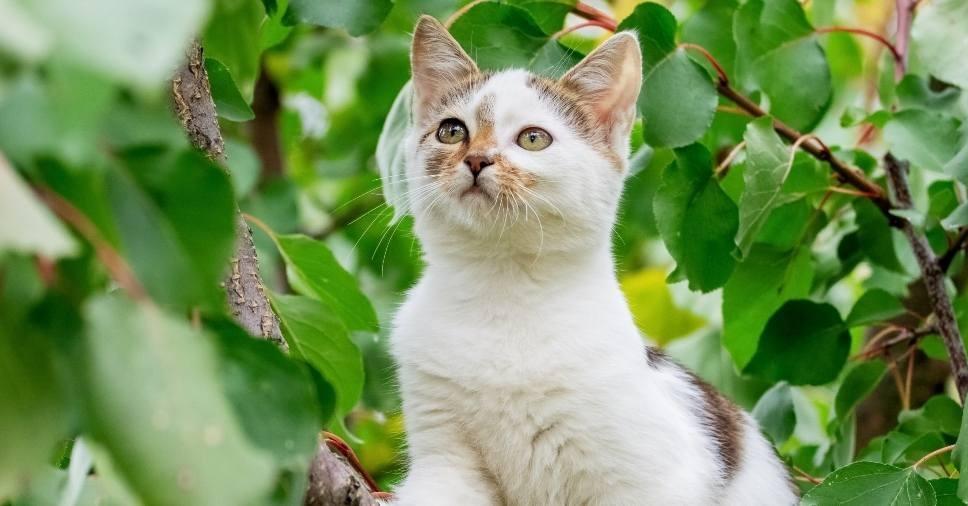Cats hold a special place in the hearts of many, providing companionship and joy. Responsible pet owners are constantly seeking the best care for their feline friends, especially when it comes to their health. In recent years, CBD (cannabidiol) has emerged as a promising supplement, offering a natural and holistic approach to supporting the well-being of cats. In this article, you will explore the world of CBD for cats and its workings within feline physiology.
The Endocannabinoid System (ECS) in Cats
The ECS maintains balance and homeostasis within the body, comprising receptors, endocannabinoids, and enzymes. This intricate system helps regulate various physiological processes, including immune function, mood, and pain perception.
CBD and CB1 Receptors
CBD interacts primarily with two types of receptors within the ECS: CB1 and CB2 receptors. In feline physiology, CB1 receptors are mainly found in the central nervous system and brain. The introduction of CBD into a cat’s system can positively influence these receptors, potentially leading to improvements in mood, behavior, and overall well-being.
CBD and CB2 Receptors
CB2 receptors, conversely, are predominantly located in peripheral organs and immune cells. CBD’s interaction with CB2 receptors can have a profound impact on the immune system. By promoting balance within the immune response, CBD may assist in maintaining a healthy inflammatory response in a cat’s body.
CBD and Anandamide
Anandamide, often dubbed the “bliss molecule,” is an endocannabinoid naturally produced by the body. CBD blocks the enzyme responsible for breaking down anandamide, allowing this feel-good compound to remain active in a cat’s system for longer periods. This contributes to a sense of well-being and happiness in feline companions.
Stress and Anxiety Relief
One of the most significant positive impacts of CBD on cats is its ability to alleviate stress and anxiety. Whether a cat experiences separation anxiety, fear of loud noises, or general nervousness, CBD promotes calm and relaxation, leading to a happier and more contented cat.
Pain Management and Inflammation
Cats, like humans, can suffer from various types of pain and inflammation due to injury, arthritis, or other health conditions. CBD’s anti-inflammatory properties can assist in reducing discomfort and improving mobility in cats, offering a gentle alternative to traditional medications.
Improved Appetite and Digestion
Loss of appetite or digestive issues can be concerning for cat owners. CBD has been known to stimulate appetite and promote healthy digestion in cats, which can be especially beneficial for older cats or those recovering from illness.
Enhanced Skin and Coat Health
CBD’s positive influence on the ECS can extend to a cat’s skin and coat. CBD, through its ability to support bodily equilibrium, might play a role in enhancing the skin’s health, minimizing dryness, and promoting a glossier fur coat in feline friends, ultimately elevating their overall appearance and sense of well-being.
Better Sleep Patterns
Sleep is essential for a cat’s overall health and well-being. CBD can promote relaxation and reduce restlessness, potentially leading to better sleep patterns for furry friends. Improved sleep can translate to a more energetic and playful cat during waking hours.
Understanding the working of CBD for cats reveals its numerous positive effects. From promoting relaxation and reducing stress to managing pain and improving overall well-being, it enhances the quality of life for these beloved animals. However, you should consult with a veterinarian experienced in CBD use to determine the right dosage and products for your cat’s unique needs.
